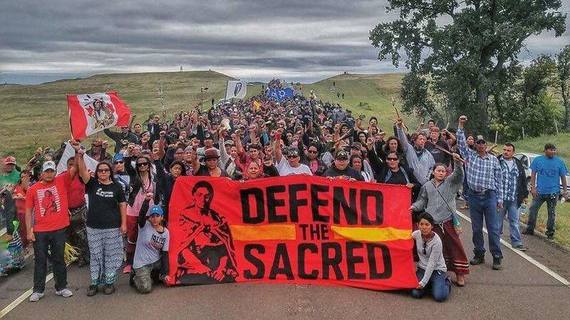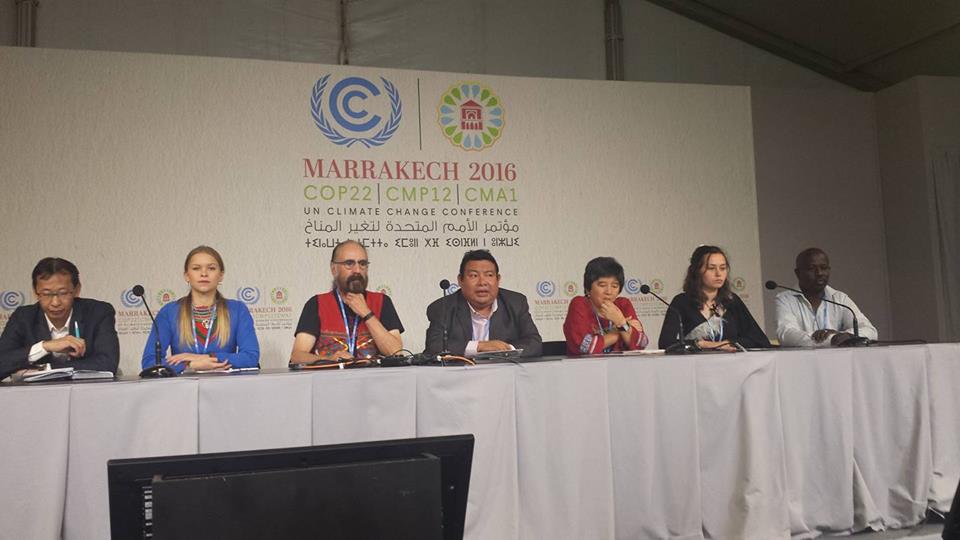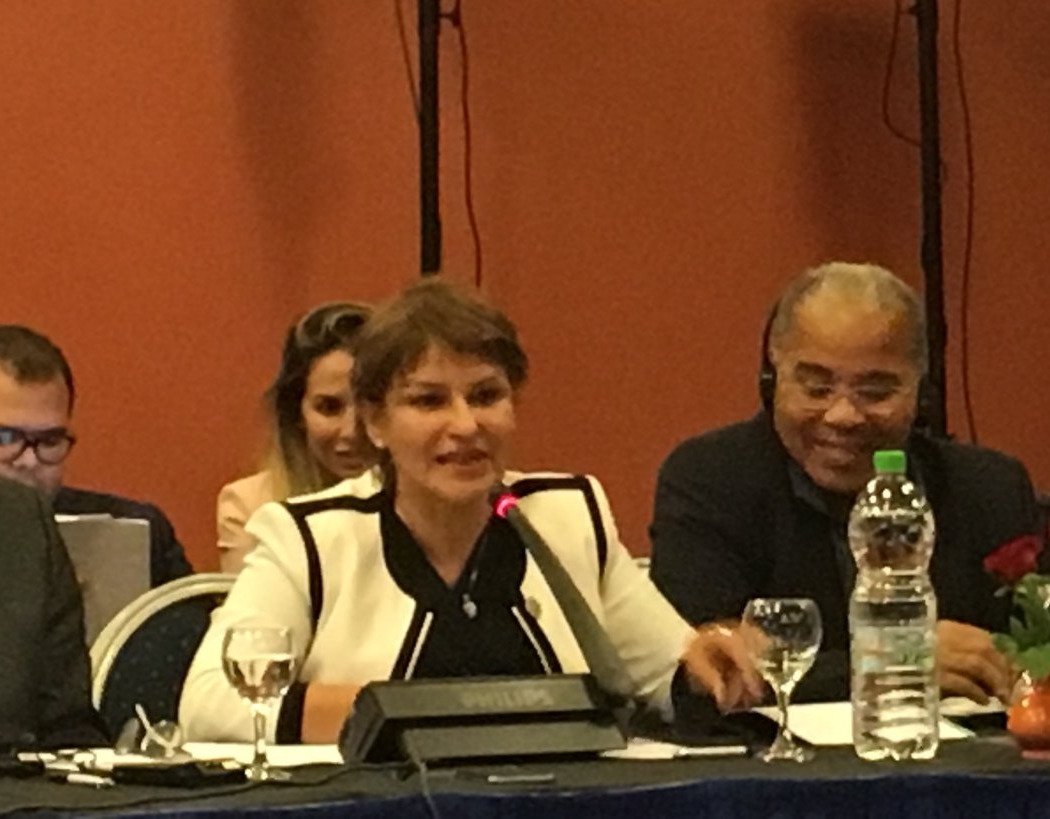Selection of Events
09.00 – 10.00 Arabian Room (Blue zone)
Indigenous Peoples' Global Caucus Meeting
10.30 – 11.00 Indigenous Peoples’ Pavilion
Briefing for the Indigenous Peoples' Caucus
11.15 - 11.45 Indigenous Peoples’ Pavilion
Climate Change: Threats and Opportunities for Indigenous Peoples and Communities in Developing Countries
Organizers: Drive for Economic and Environmental Development
12.00 - 14.00 Indigenous Peoples’ Pavilion
Pueblos Indigenas y Cambio Climatico en Abya Yala
Organizers: Foro Indigena de Abya Yala/Consejo Indigena de Centro America
14.15 - 17.45 Indigenous Peoples’ Pavilion
The Knowledge and Know-how of the Amazigh People and Other Indigenous People throughout the World
Organizers: Congrès Mondial Amazigh/Association des Populations des Montagnes du Monde
18.00 - 19.30 Indigenous Peoples’ Pavilion
Spotlight on Environmental Defenders
Organizers: Amnesty International/Republic of the Marshall Islands
Agenda note prepared by Docip secretariat@docip.org
Please visit the DOCIP website for updated information!














